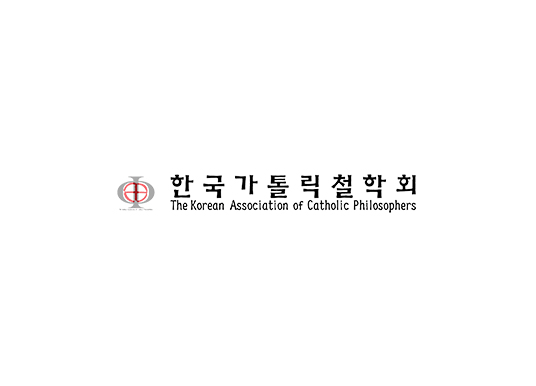공통존재자보다 공통존재자의 원인이 더 가지적이다 -토마스의「형이상학 주해」 서문 분석-
On the Most Intelligible Thing -Analysis of the Prologue of Thomas Aquinas’s Commentary on the ‘Metaphysics’-
박규희
가톨릭대 성의교정 인문사회의학연구소 연구계약교원
가톨릭철학
2023, vol., no.41, pp. 5-48 (44 pages)
한국가톨릭철학회
1. 들어가는 말
2. 『삼위일체론 주해』
3. 『형이상학 주해』 서문
4. 가장 가지적인 것(subiectum genus)의 원인은 가장 가지적인 것(principia et causae generis subiecti)이다
5. 『원인론 주해』서문
6. 『형이상학 주해』서문과 『원인론 주해』서문의 종합
7. 나가는 말
초록
『형이상학 주해』서문에서 토마스는 형이상학이 존재자 자체와 그 원인인 신과 지성체를 다루는 학문이라고 본다. 그런데 『삼위일체론 주해』와 『원인론 주해』서문에서는 가장 가지적인 것을 다룬다는 측면에서 형이상학의 또 다른 특징을 제시한다. 이 두 텍스트에 나타난 토마스의 견해를 가지고 『형이상학 주해』서문을 읽으면 두 가지 문제가 발생한다. 첫째, 서문의 전반부에서 최고로 가지적인 것의 의미의 다양성이 필연적으로 제시되는데 후반부에서는 그 의미가 다시 하나로 환원된다. 둘째, 가장 마지막에 배우는 학문을 계기로 철학적 행복과 현세적 행복의 불완전성을 이야기해야 하는데 독자들은 이 주제를 『형이상학 주해』서문이 아니라 『원인론 주해』서문에서 마주치게 된다. 이 문제를 해결하기 위해 본 논문은 다음과 같은 해석을 제안한다. 토마스는 『형이상학 주해』서문의 전반부에서는 공통존재자의 연구를 정당화하기 위한 맥락을 설정하고 후반부에서는 공통존재자의 연구가 그 원인의 연구로 필연적으로 이어진다는 점을 논증한다. 형이상학은 공통존재자의 원인을 연구함으로써 완성되는데 토마스는 이 제일원인들이 형이상학보다는 원인론에 더 상세히 논구되어 있다고 판단했다. 형이상학은 원인론을 공부함으로써 마무리되므로 철학적 행복에 대한 이야기는 형이상학 주해가 아니라 『원인론 주해』에 실릴 수밖에 없었던 것이다.
In his prologue to the Commentary on Metaphysics, Thomas regards metaphysics as a science that deals with being itself and its causes, namely God and intellectual beings. However, Thomas, in his Commentary on De Trinitate and in the prologue to Commentary on the Book of Causes, presents other aspects of metaphysics concerning God and intellectual beings. A comparison of Thomas’s perspectives in these two texts raises two key issues within the prologue to the Commentary on Metaphysics. Firstly, in the initial portion of the prologue, there is an inevitable differentiation in the meanings of the highest intelligible objects, yet in the latter part, these meanings converge into a singular notion. Secondly, upon reaching the pinnacle of metaphysical inquiry, the discussion of the incompleteness of philosophical happiness should naturally arise. However, this theme is not encountered in the prologue to the Commentary on Metaphysics but rather in the prologue to the Commentary on the Book of Causes. In order to resolve these problems this paper suggests an interpretation as following: In the early segment of the prologue to the Commentary on Metaphysics, Thomas establishes the contextual foundation for justifying the study of common being. Subsequently, he contends that the exploration of common being inevitably leads to an investigation of its causes. Metaphysics is completed by studying the first causes of the common being. Thomas asserts that these primary causes receive more comprehensive treatment in the Book of Causes than in Aristotle’s Metaphysics. Consequently, as metaphysics reaches its fruition through the study of the Book of Causes, discussions regarding happiness are appropriately situated within the Commentary on the Book of Causes rather than the Commentary on Metaphysics.

